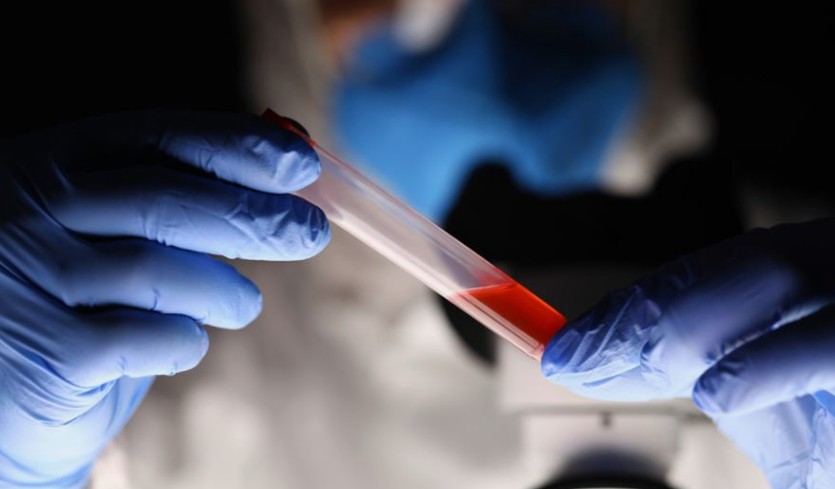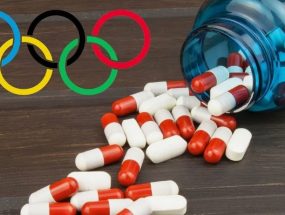How a blood doping test is performed
586 views, 24.05.2024
Blood doping, also known as haemodoping, is an illegal and dangerous practice in sport. However, we can discuss the process in order to educate.
What is haemodoping
Haemodoping involves the administration of blood enriched with oxygen or other substances to improve athletic performance. This process can be accomplished as follows:
Erythrocyte autotransfusion
This is a procedure in which an athlete is transfused with their own blood that has been extracted and stored for later use. This method increases the number of red blood cells, which in turn increases oxygen-consuming capacity.
Oxygenated blood infusion
This is a procedure in which an athlete is given an infusion of blood with a high oxygen content, such as blood from another donor. This can be blood that has been oxygenated or blood that has a high red blood cell count.
Both of these methods have serious medical risks, including the possibility of infections, thrombosis, allergic reactions, and blood overload, which can lead to heart problems and even death. Furthermore, haemodoping is banned by the World Anti-Doping Agency (WADA) and many other sports organisations, and its use is considered a rule violation and can lead to disqualification and other penalties.
Who is tested for blood doping
Doping controls, including blood doping, are conducted according to international standards set by the World Anti-Doping Agency (WADA) and sports federations. Doping Controls may be conducted in-competition, out-of-competition or by analysing the biological passports of athletes. Here are the main criteria and situations in which athletes may be subject to blood-based doping controls:
In-Competition
In-Competition Athletes may be subject to a blood Doping Control as part of the overall Doping Control carried out at an Event.
Out-of-Competition
Athletes may be called for Out-of-Competition Doping Controls at the discretion of the Anti-Doping Authorities or at the request of their Sports Federation.
Based on the results of a biological passport
An Athlete’s biological passport may contain information on biochemical and haematological parameters of the Athlete’s body. If analysis of this information reveals suspicious changes, the Athlete may be invited to a Blood Doping Control for additional analysis.
Suspicion of a violation
If an Athlete is suspected of using a Prohibited Substance or Prohibited Method, Anti-Doping Authorities may elect to conduct Doping Controls, including blood doping, to verify the presence of Prohibited Substances in the Athlete’s system.
All Doping Control procedures shall conform to international standards and shall be conducted in a manner that respects the privacy, confidentiality and rights of Athletes. All blood samples must be analysed in accredited laboratories and the results must be objectively and reliably interpreted.





